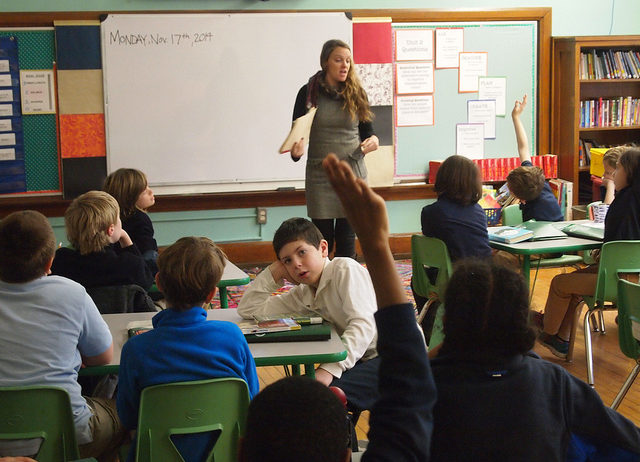Teachers, your problem students may be kids who struggle with executive functions.
Most students with executive functioning struggles really want to be more organized, manage their time better, and have a better memory. But they may not be able to do so. This is not so much a problem with motivation but of brain development.
Recent advances in neuroscience suggest that kids with executive-functioning difficulties display slower levels of cortical maturation, or growth of the cerebral cortex. The largest division of the brain, the cerebral cortex is the area of the brain that drives language, movement, senses, and personality. While parents and teachers certainly want to work on teaching, modeling, and practicing executive skills, the best approach is often to modify or make accommodations for these kids when it comes to self-directed executive-functioning skills.
The use of accommodations is defined as adapting the situation to the child. Teachers who make accommodations need to recognize a child’s limitations and adjust expectations accordingly. A child who has difficulty managing time and sustaining attention might be given less homework or more time to complete a test. Accommodations for delays in executive-functioning skills aim to help children perform their best at their own level, so that academic progress is not impeded. At this stage the goal is typically to assist children in feeling more confident, rather than to improve a specific executive skill.
Here are some examples of accommodations you can make for your students with executive function difficulties in your elementary, middle, or high school classroom.
Examples of classroom accommodations in elementary school:
- Designate a specific place where students can find homework or classwork assignments they have missed when absent
- Pair written information with visual cues
- Provide word banks
- Provide structured movement breaks
- Provide a smaller menu of choices on multiple-choice tests; ask for verbal exploration after the test has been completed
- Allow extra time for assessments or written assignments
Examples of classroom accommodations in middle and high school:
- Designate a specific time in class for students to organize materials and/or write down homework
- Provide clear study guides for assessments
- Provide clear rubrics and checklists for assignments
- Provide editing checklists for written assignments
- Provide timelines for extended projects
- Allow extra time for assessments or written assignments




